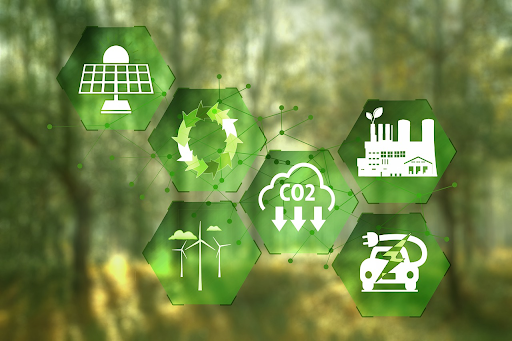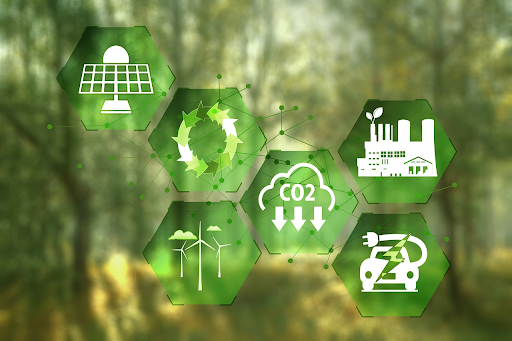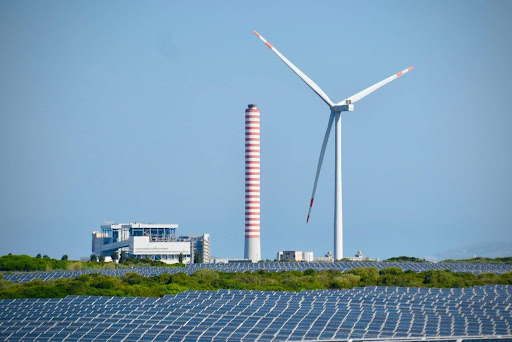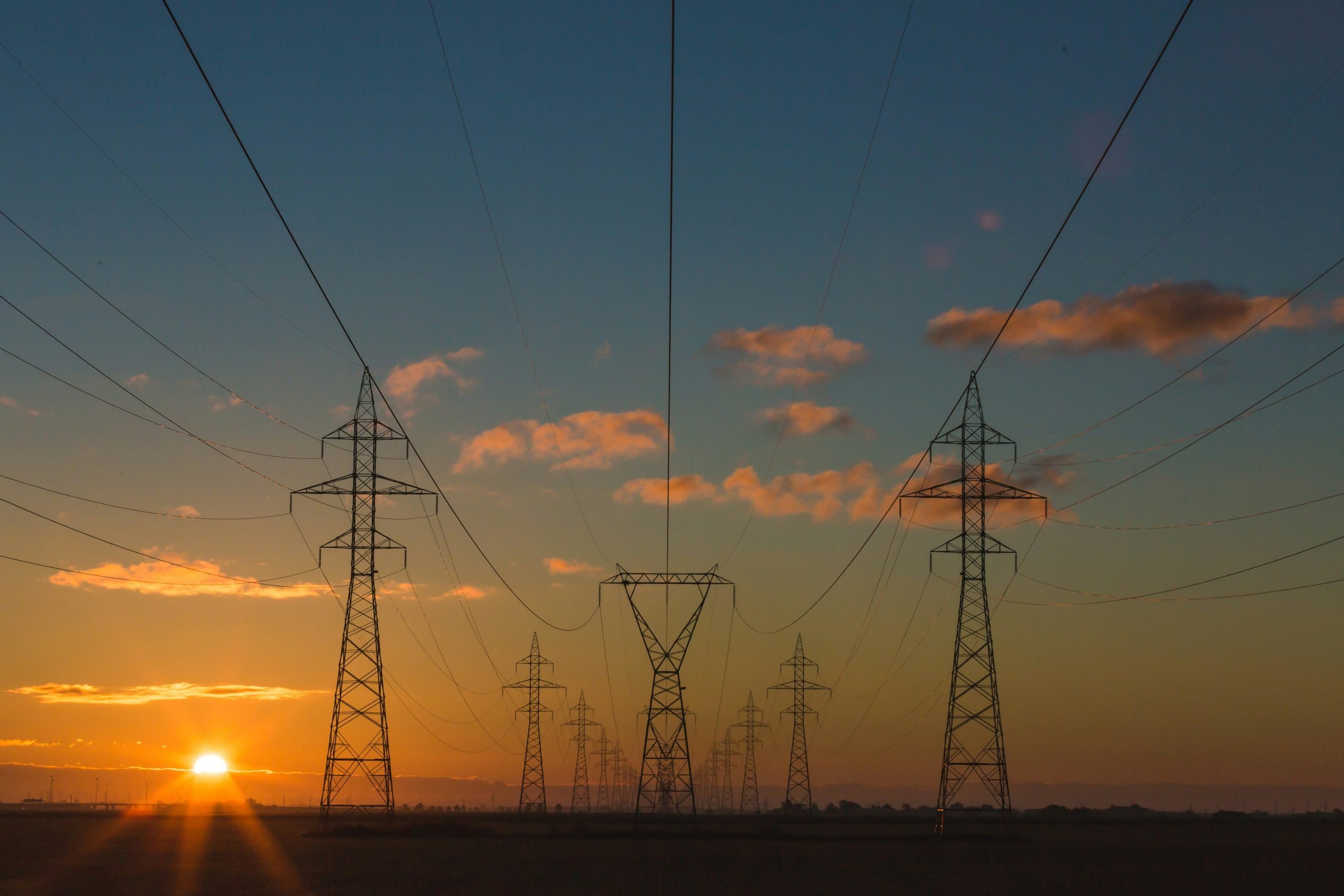
Malaysia, a significant contributor to the global oil sector, is now facing the challenge of depleting oil reserves. The country’s reliance on oil has historically driven its economic growth, but the diminishing reserves have brought about a need for strategic adjustments. In light of the global shift toward renewable energy and a growing emphasis on environmental sustainability, Malaysia is at a pivotal point in its economic evolution.
Malaysia’s declining oil reserves have raised concerns about economic stability and energy security, prompting the imperative for diversification and investment in alternative energy solutions. As the country aims to leverage its energy sector experience to transition towards a more sustainable and diversified future, this shift presents both challenges and
Opportunities.
Malaysia stands at a crossroads in its economic history, tasked with making decisions that will shape its ability to adapt to a post-oil era and emerge as a leader in the evolving green energy landscape. The call for a focus on energy transition, as emphasized during the OGSE Blueprint launch in February 2023, underscores the need for stakeholders to realign their strategies. The rise of electric vehicles (EVs), expected to replace traditional combustion engines by 2050, poses challenges and opportunities for OGSE firms such as Petrofac, SapuraKencana, King Time International, and others competing in Malaysia.
Energy Evolution in Malaysia:
Malaysia’s concerns over dwindling oil supplies stem from various factors. Historically a major player in the oil and gas sector, the nation’s reliance on these finite resources has become a
potential hindrance to sustained economic growth.
- Depletion of Reserves: Decades of active oil exploration have depleted Malaysia’s conventional oil reserves. The easily accessible and economically viable resources have been largely tapped, making the industry face the challenge of finding new, more costly reserves.
- The Energy Transition: Globally, there is a growing momentum toward cleaner and sustainable energy sources. International pressure to reduce carbon emissions is compelling Malaysia to shift away from fossil fuels, aligning with the broader commitment to combat climate change.
- Economic Resilience: The volatility of global oil prices significantly impacts Malaysia’s economy, given its dependence on oil and gas exports. As the world shifts to alternative energy sources, Malaysia faces potential income reduction, as highlighted in the economic minister’s OGSE Blueprint release.
- Technological Advances: Constant evolution in the oil and gas sector introduces new extraction methods, often requiring substantial investments. However, the sustainability of these methods is questionable, especially as the world trends towards greener energy alternatives.
- Diversification Efforts: To reduce dependence on oil and gas, Malaysia is actively diversifying its economy. Initiatives in technology, tourism, and manufacturing aim to create a more resilient economic foundation.
Adapting to the Future:
In response to these challenges,Malaysia can proactively plan for a future with reduced oil and gas revenues Through:
- Investment in Renewable Energy: Exploiting the country’s potential for solar, wind, and hydroelectric power can help Malaysia reduce its carbon footprint and create new economic opportunities.
- Economic Diversity: Strengthening non-oil sectors of the economy, promoting entrepreneurship, and fostering innovation can provide a buffer against oil price fluctuations.
- Environmental Stewardship: Implementing measures to minimize carbon emissions and preserve natural resources showcases Malaysia’s commitment to environmental sustainability.
- International Collaboration: Engaging in collaborative energy transition programs and sharing technological advancements with other nations can help Malaysia navigate the challenges posed by a declining oil and gas industry.
Conclusion:
In conclusion, while the future of Malaysia’s oil and gas sector may seem uncertain, proactive measures and a deliberate shift towards renewable energy and economic diversification can position the country for a sustainable and resilient future.
Interesting Related Article: “Sustainability Unleashed: Exploring New-age Business Models“








